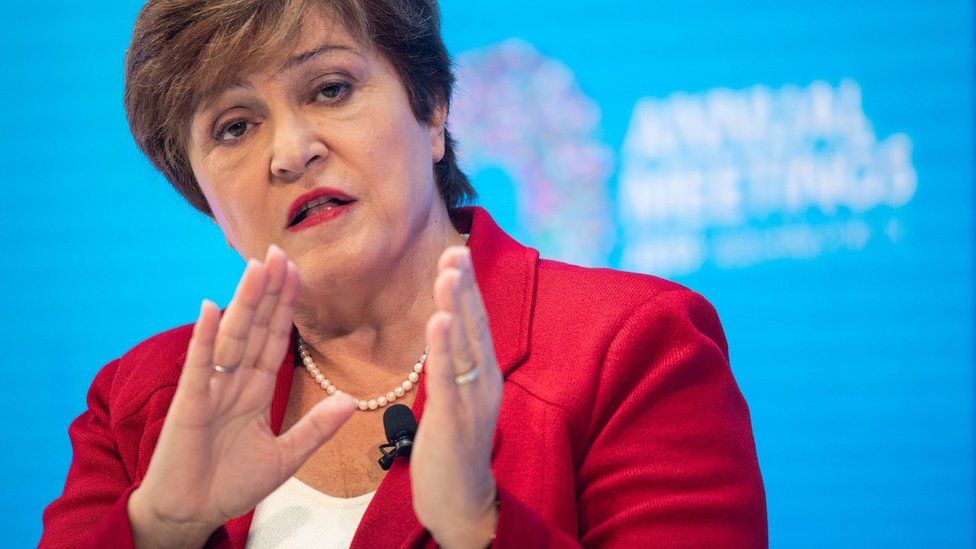A report by the International Monetary Fund (IMF) expert warns that demand for deposits in Nigerian commercial banks may reduce due to the introduction of eNaira.
The warning comes four weeks after President Muhammadu Buhari, and top officials of the central bank launched the eNaira at the State House, Abuja.
In the report titled ‘Country Focus; Five Observations on Nigeria’s Central Bank Digital Currency’ released on Tuesday, Jack Ree, an economist with IMF, highlighted the need to manage potential risks that could spring in the cause of making transactions with the recently launched e currency.
He explained that the currency’s heavy reliance on digital technology warrants the need to adequately manage cybersecurity and operational risks associated with the digital currency.
“…eNaira wallets may be perceived, or even effectively function, as a deposit at the central bank, which may reduce demand for deposits in commercial banks,” he said. “Relying as it does on digital technology, there is a need to manage cybersecurity and operational risks associated with the eNaira.”
According to the IMF, the launch of the digital currency is drawing interest from the global world, and other central banks because of the size and complexity of Nigeria’s economy.
The organisation added that the eNaira uses the same blockchain technology as Bitcoin or Ethereum, but is not a financial asset like the two.
The IMF noted that the e-Naira would increase financial inclusion, facilitate remission of remittances, and reduce informality.
According to the fund, Nigeria has a large informal economy with transactions and employment equivalent to over half of the GDP and 80 per cent of employment, respectively.
The IMF said, “The 2021 IMF Article IV mission emphasised the need for monitoring risks and macro-financial impacts associated with a central bank digital currency.
The IMF is ready to collaborate with the authorities on data analysis, cross-country studies, sharing the eNaira experience with other countries, and discussing further evolution of the eNaira including its design, regulatory framework, and other aspects.”





